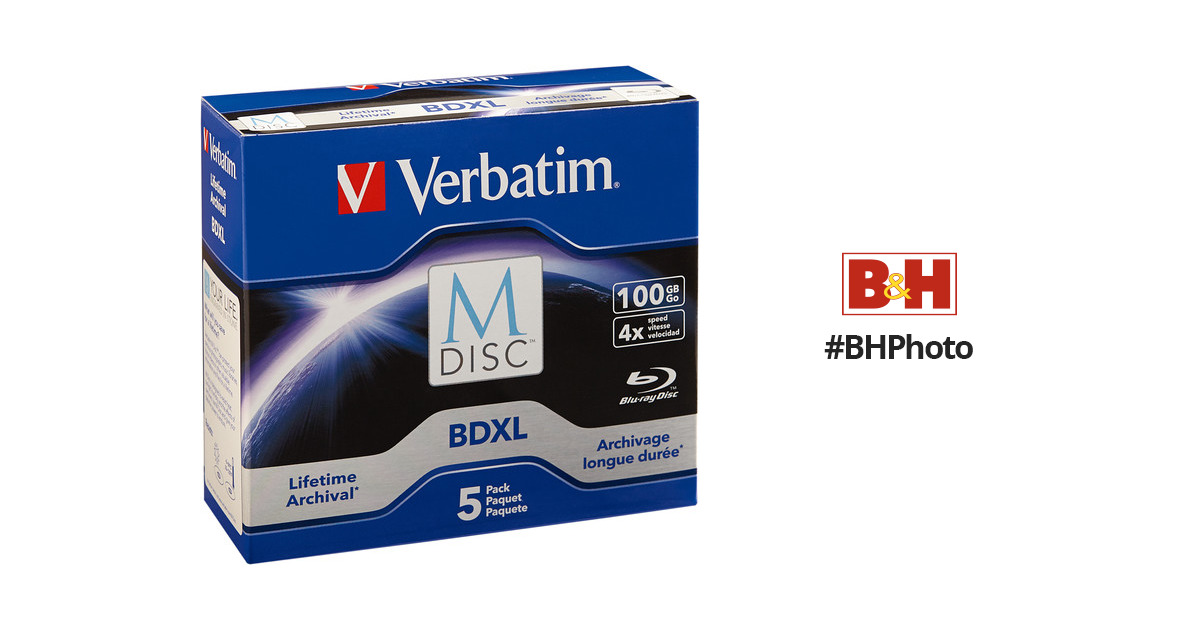my motherboard is asrock b75m-dgs r2.0 and i'm using a notebook HDD on this board
I have MDISC DVD with important data of mine but is it really durable? how to keep it?
Your mobo is Sata 6Gbps so it will benefit from the full speed of a SSD.
A clean install of Windows and a few program only takes about 40Gb, so a 256Gb SSD would probably do, along with a HDD to hold the data file is our set up.
For Backup we would not use a SSD, a HDD and / or DVR would be our choice, but one backup is not enough, you need at least 2 copies or even 3 to be safe.
Sounds over the top, but know from work experience that you can find 1 ,2 or even 3 generations of back up can have data corruption or hardware faults.
Have seen large companies store their records on various media, only to be shocked when they finally realise a few years later that it does not last for countless year they thought.
Lots of new types of media claim contless years of data retention, but none have proven to do so for more than a few years.
Check with the medias makers datasheet as to their temperature and humidity levels when in storage; light and magnetic proof of course !


